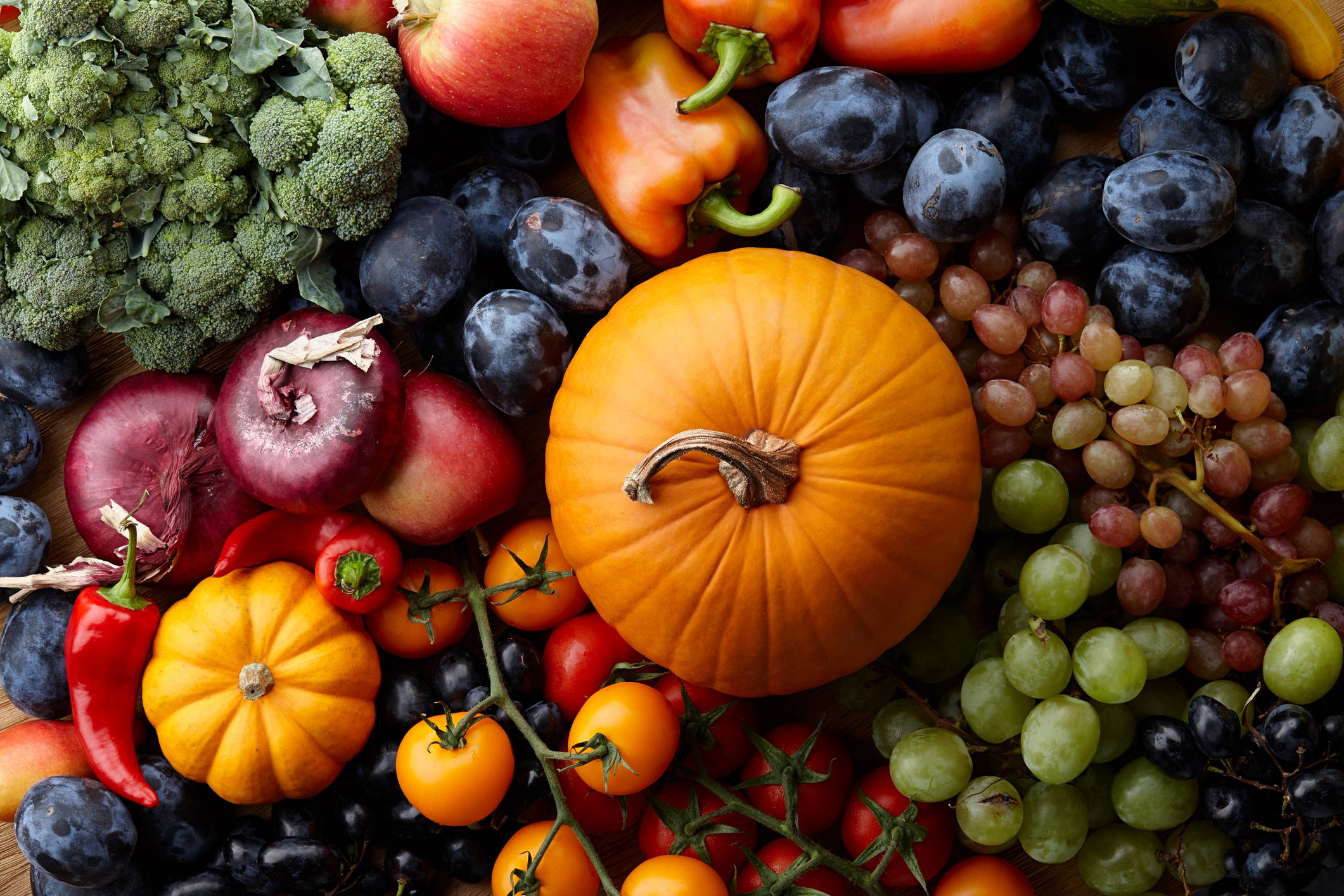Cooking in seasonal foods and outdoor activities
Aspira Retirement Living is proud to once again team up with Rose Reisman for a webinar. Rose is an award-winning entrepreneur, caterer, cookbook author, speaker and media personality. She is also a nutritionist who has been in the food industry for over 25 years. She has turned her passion for food and healthy living into a multi-faceted business, making her one of Canada's leading authorities on eating and living well. If you would like to watch the full webinar please click here.
Reduce the risk of illness
As Rose says, anywhere from May to October in Canada is a great time to eat and live well, thanks to favourable weather and the variety of available seasonal produce. Rose is a firm believer in adopting a healthier lifestyle to help reduce the risk of developing serious conditions and diseases like diabetes, dementia, Alzeimher’s, obesity and cancer to name a few. “We all no there’s no guarantees in life but we do know that eating well and living well will reduce the risk of serious conditions and diseases,” said Reisman.
Foods/beverages to avoid
- Artifically-sweetened sodas, juices and coffee beverages
- Packaged, processed foods
- Frozen high-sodium foods
- Ultra-processed products like deli ham, chips, biscuits
- Excessive alcohol consumption
Additional benefits to eating local/seasonal
According to Reisman eating seasonal fare comes with a range of advantages. Seasonal fruit and vegetables are healthier, more nutritious and economical. Nutritious because you are getting nutrient-rich, fresher produce that hasn’t spent days in transit. Healthier because you’re getting those additional nutrients and economical because seasonal tends to be cheaper than imported produce. Eating local, seasonal produce instead of transit-heavy imported produce also means a more environmentally-friendly product with less of a carbon footprint. Lastly, seasonal and local produce just tastes better because there is no time-consuming transit involved which can alter how fruits and vegetables taste.
Illness-beating, antioxidant-rich superfoods
- Blueberries
- Apples
- Watermelons
- Tomatoes
- Bell peppers
- Cherries
- Peaches
- Asparagus
- Sweet corn
- Grapes
- Dark chocolate (70%+)
- Plain Greek yoghurt
- Fatty fish (wild or organic)
Where to find local produce
Rose suggested to just “look for the labels”. In Ontario, for instance, they may say “Foodland Ontario” or “Grown in Ontario”. In British Columbia the labels may say “Buy BC” or “Grown in BC”. Another tactic Rose recommended is visiting farmers’ markets or shopping at stores that use farmers’ markets to stock their shelves.
Servings
When it comes to servings, Rose said that you can’t really eat too much of a superfood. So 7-12 half-cup servings of fruits and vegetables is fine. If you love fruits but have type 2 diabetes try eating the fruit alongside a healthy fat as that will reduce the chance of an unwanted spike. Diabetics may want to avoid overly sugary fruits like pineapples and mangoes. Rose recommended removing unhealthy snacks or desserts like chocolate bars or ice cream and subbing in an apple or some cherries instead for a healthier lifestyle.
Tips to stay healthy
- Small healthy snacks between meals
- Eat socially, loneliness can cause malnutrition and depression
- Eat a balanced diet, all the food groups, stick to the Mind Diet if possible
- Eat protein, 7 to 8 ounces a day and try and include plant protein
- B12 for nerve function, B6 to ward off eye disease
- Vitamin C helps with immunity (not from orange juice)
- Vitamin D for calcium (bone strength)
- Magnesium for mental health and potassium for high blood pressure
- Fibre reduces risk of heart disease and type 2 diabetes
- In the winter months eat frozen produce as it is surprisingly nutrient rich, unlike canned produce.
Hydration and exercise
Rose couldn’t stress enough the importance of hydration and exercise when it comes to maintaining a healthy lifestyle. That means staying hydrated by drinking water but also by getting water from your diet. If you don’t like water alone, eat watermelon or flavour your water naturally and don’t fall back on artificially-sweetened drinks as water is key for digestion, circulation and transporting nutrients.
When it comes to artificial drinks Rose’s stance is clear. “You’re better off having a spoon of sugar in your hot beverage than putting those chemicals into your body. These diet and artificially-sweetened drinks trick your brain into thinking you had sugar so the body craves more sugar. You’re better off staying away from these in the long run.”
Rose believes that activity and social interaction are crucial to healthier life as they both improve brain health. Exercise reduces the risk of getting dementia or Alzeimher’s but it also helps you maintain a healthy weight and avoid obesity. Workouts are easier in the warmer seasons, they improve balance, bone health and brain function. Exercise keeps diabetes in check and reduces symptoms of arthritis, anxiety and depression.
Rose advised anyone to move daily and if you don’t like exercise or exercise routines she suggested mixing it up to get that all important workout. “It’s important to move every day. Maybe you like gardening or walking your dog, maybe pilates or yoga or working with resistance bands. When the winter hits it gets harder. Exercise does a lot.”
Habits to avoid:
- Not getting enough sleep but too much sleep is also bad, 6-8 hours is perfect
- Eating junk food before bed
- Excessive alcohol consumption
- Poor diet
- Not sticking to a routine
Last piece of advice and a great recipe
“You can do everything right and something bad can still happen to you health wise, But you know what, you have better odds, it’s like being in Las Vegas. You’ll win at that table more the more you keep doing the right things,” Rose said. In her cooking tutorial Rose made a piece of grilled trout and served it up with a peach salsa complete with bell peppers, black beans, garlic, green onions, lemon juice, olive oil and fresh mint. To see Rose make the recipe watch the webinar.
To end the webinar Rose answered some of the viewers’ questions. Among other things she stressed the importance of eating organic apples, using the correct amount and type of salt, and why you should remove cow’s milk from your diet. She also offered healthy replacements for cow’s milk to help you to strive toward a healthier lifestyle.
We hope this webinar helped. If you have questions about the webinar or about Aspira Retirement Living, please call our Canada-based team toll-free at 1-866-959-4848. We know they would be happy to help you in anyway they can.
 Want more information? Download our Easy Guide to Retirement Living today!
Want more information? Download our Easy Guide to Retirement Living today!


